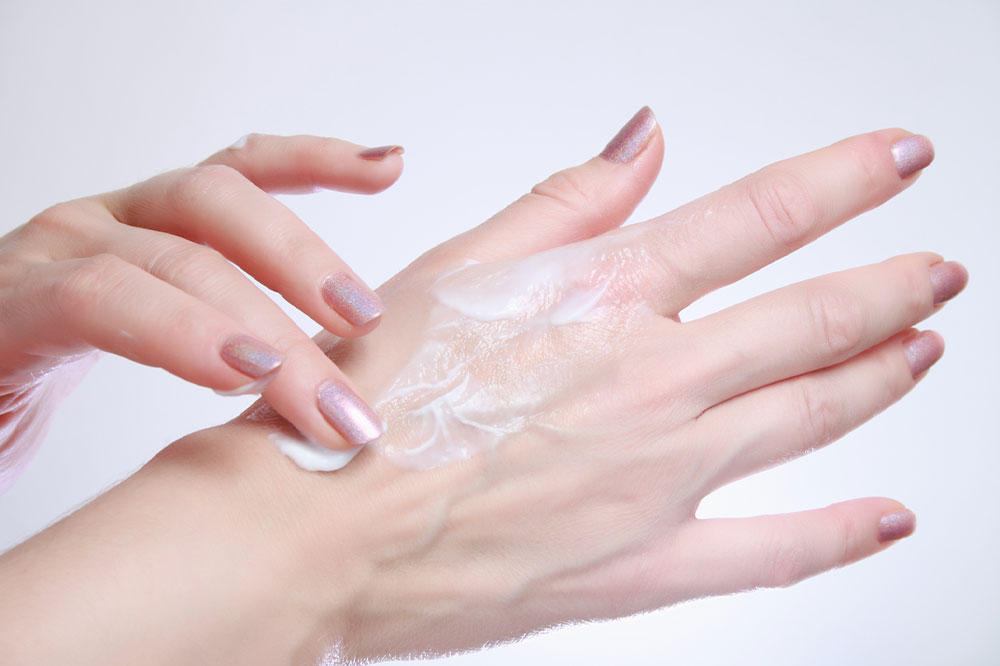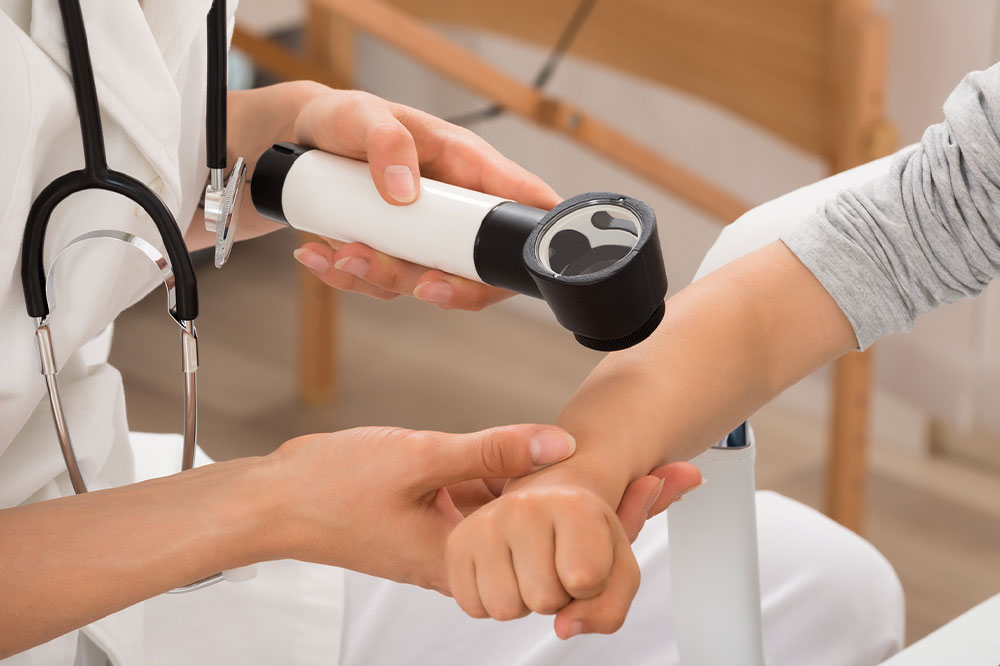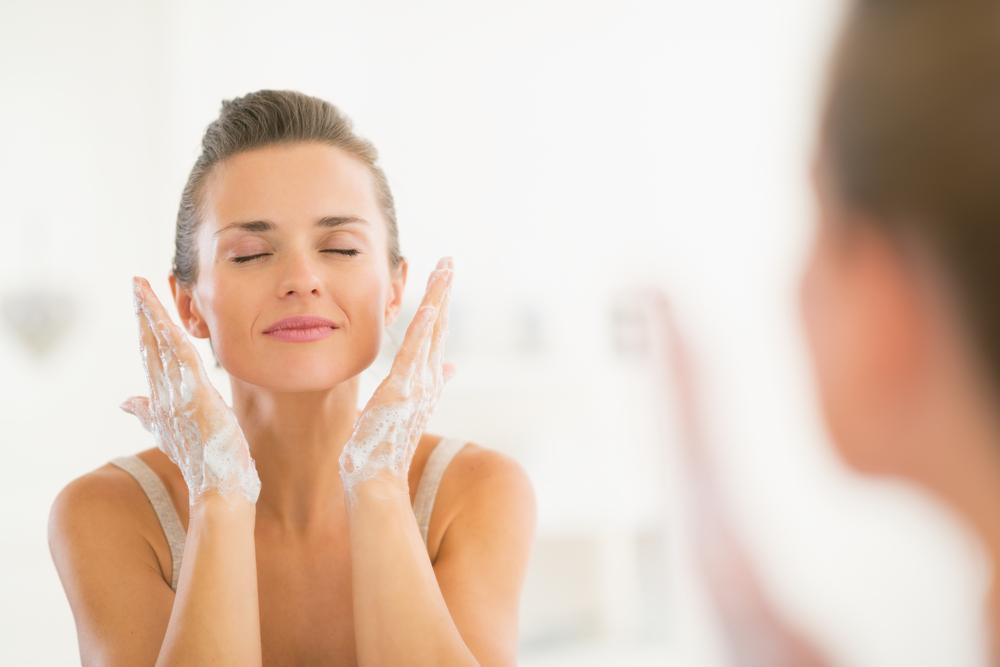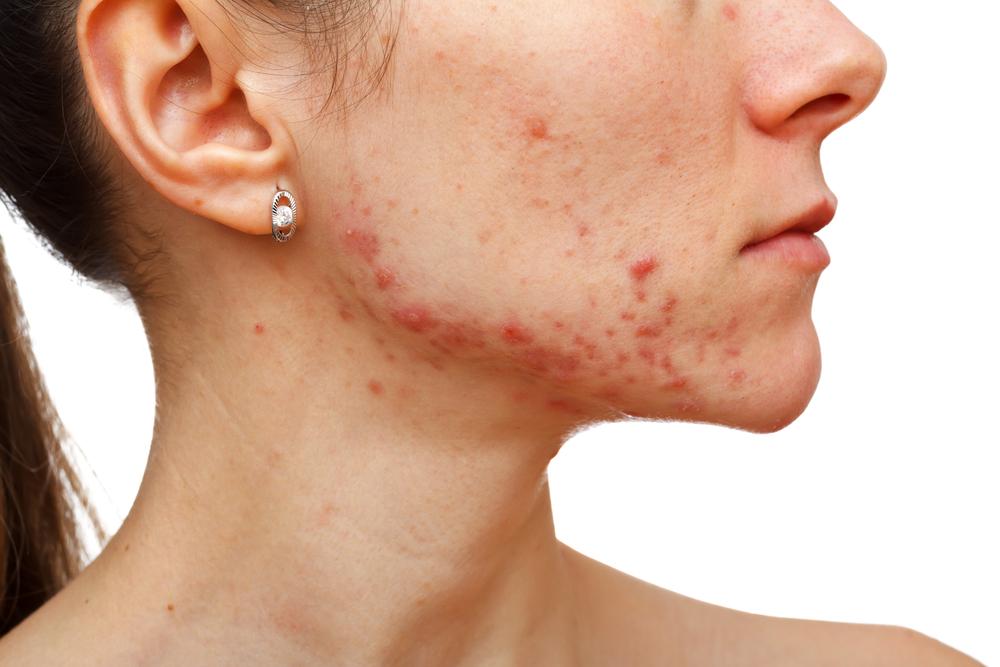Comprehensive Guide to Selecting Safe Soaps for Eczema Management
This comprehensive guide explores how choosing the right soap can help manage eczema effectively. It discusses harmful ingredients in traditional soaps, the importance of pH-balanced and fragrance-free options, and additional medical treatments. Proper skin care strategies are vital for reducing flare-ups and maintaining healthy skin, especially for sensitive or eczema-prone individuals. Learn how to select safe cleansing products and understand the role of medical therapies to achieve better skin health and comfort.
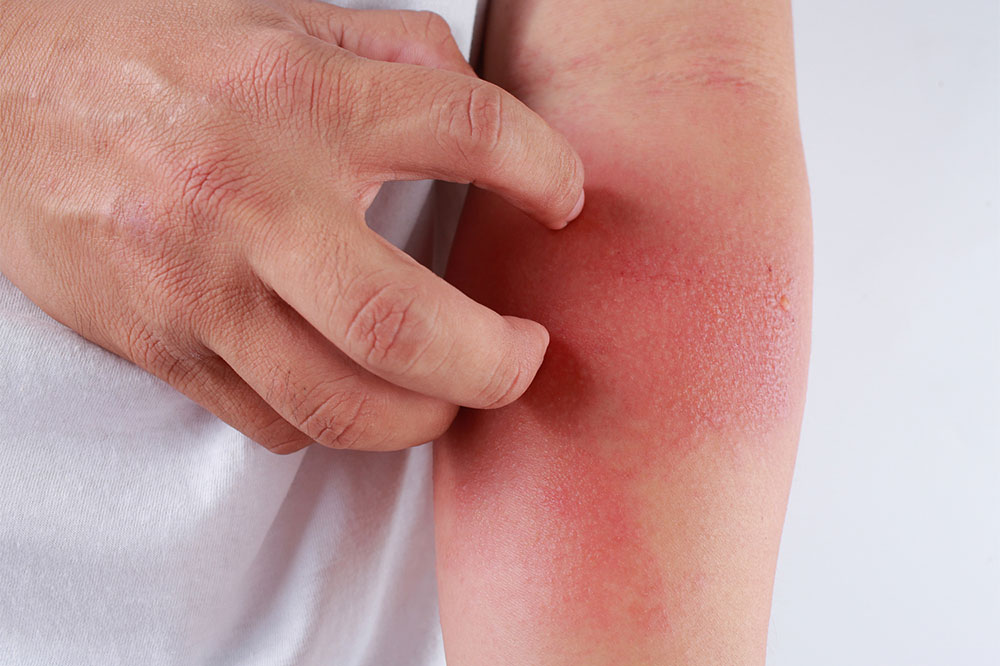
How to Choose the Right Soaps to Alleviate Eczema Symptoms
Eczema, also known as atopic dermatitis, is a chronic skin condition that affects millions worldwide. It is characterized by redness, intense itching, inflammation, and dry patches on the skin, often leading to discomfort and cosmetic concerns. The health of the skin’s protective barrier is crucial in managing eczema, and one often overlooked factor is the type of soap used for cleansing. Proper selection of gentle, skin-friendly soaps can be a vital component of an effective eczema management plan.
The Role of Soap in Eczema Care
While regular cleansing is essential for maintaining skin hygiene, many traditional soaps contain harsh ingredients that strip away natural oils, compromise the skin barrier, and can trigger eczema flare-ups. Recognizing the impact of soap ingredients on sensitive skin can help individuals make informed choices to soothe their skin rather than exacerbate their condition.
Common irritants include strong surfactants and detergents designed for deep cleaning. These substances can strip away essential lipids from the skin’s surface, leading to increased dryness, redness, and itching. The goal is to select mild, pH-balanced, fragrance-free soaps formulated specifically for sensitive skin to reduce the risk of irritation and control eczema symptoms effectively.
Understanding Surfactants and Their Impact
Surfactants are key cleaning agents found in many soaps and cleansers. While they help remove dirt and oils, they can also cause oxidative stress on the skin, which contributes to inflammation and exacerbates eczema. Many surfactants are aggressive cleasers that can deplete natural oils and weaken the skin’s protective barrier, making it more susceptible to irritants, allergens, and infections. Therefore, avoiding products with harsh surfactants is essential for eczema-prone skin.
What Harsh Cleansers to Steer Clear Of
It’s advisable to avoid soaps that contain strong cleaning agents such as sodium lauryl sulfate or sodium laureth sulfate, which are known for their vigorous foaming and deep-cleaning properties. These ingredients can damage the skin’s surface, deplete important proteins, and dry out the skin further. Using gentle, mild cleansers helps preserve the natural moisture barrier, reducing the frequency and severity of eczema flare-ups.
The Impact of Alkaline and Fragrant Soaps on Sensitive Skin
Many traditional soaps are alkaline in nature, which can disturb the skin’s natural pH balance, typically around 4.5 to 5.5. An imbalance in pH can impair the skin’s barrier function, making it more prone to irritation and infection. To maintain healthy skin, opt for soaps formulated to be pH-balanced. Additionally, scented soaps containing fragrances, dyes, or deodorants often include allergenic chemicals that can trigger eczema symptoms. Reading labels carefully and choosing unscented, dye-free options is a proactive step towards skin health.
Additional Treatment Options for Eczema Relief
For individuals with persistent eczema or frequent flare-ups, topical or systemic medical treatments may be necessary alongside careful soap selection. These therapies enhance skin barrier function or reduce inflammation, providing comprehensive eczema management. Some of the commonly used medical options include:
Dupixent: A biologic medication that targets specific immune pathways involved in eczema. It is prescribed for moderate-to-severe cases and has shown significant improvement in patient symptoms. However, it can cause side effects like eye inflammation and dizziness, which require medical monitoring.
EUCRISA: An topical ointment approved in 2016 for mild-to-moderate eczema. It works as a topical calcineurin inhibitor to reduce inflammation. Patients should be aware of potential side effects such as burning sensations and allergic reactions.
Rinvoq: An oral medication that modulates immune responses, often prescribed for severe cases. While effective, it carries risks such as increased susceptibility to infections, blood clots, and hypersensitive reactions. Consulting a healthcare provider before starting any medication is essential for safe and effective treatment.
Managing eczema effectively involves a combination of proper skin care, including choosing appropriate soaps, avoiding known irritants, and following medical advice when necessary. Incorporating gentle cleansing routines and avoiding harsh ingredients can significantly improve quality of life for those with sensitive skin conditions. Always consult a dermatologist for personalized treatment plans tailored to your specific needs, ensuring that every aspect of skin health is addressed comprehensively.
